
|
||||||||||||||||||
|
|
||||||||||||||||||
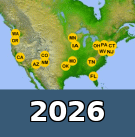  


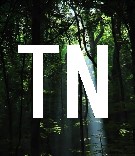
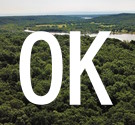
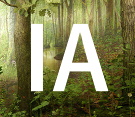
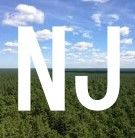





  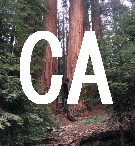
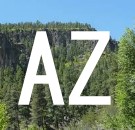
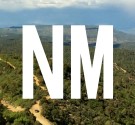
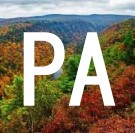

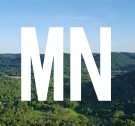



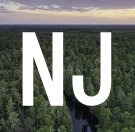
| ||||||||||||||||||
Sasquatch in New England
John Perry, Biologist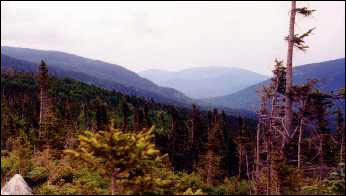 |
In Maine, Mt. Katahdin looking east into Baxter |
The northernmost New England states, while relatively small in size individually, have combined land areas of approximately 49,083 sq. mi. (New Hampshire = 8,969 sq. mi.; Vermont = 9,249 sq. mi.; Maine = 30,865 sq. mi. [State Farm Road Atlas, Rand McNally, 1999]). When you add in the land areas of New Brunswick, Quebec (south of the St. Lawrence River), upstate New York, and western Massachusetts, we end up with hundreds of thousands of square miles of wilderness, plenty of habitat to support more than a few sasquatch. And judging from the reports from this part of the country, this area does appear to support a resident population. For example, the area along the border of Vermont and New York, roughly between Albany north to Crown Point on Lake Champlain, has had sightings dating back to the French and Indian Wars up to the present. Similarly, the rural area encompassed between Durham and Woolwich, Maine, has exhibited sasquatch activity dating to at least the early 1970's, including several separate reports of visual sightings over the past 30+ years.
Presently, two researchers represent the BFRO in New England, and both of us reside in Maine. We have investigated several areas around Maine from which credible sightings have been submitted. While the numbers of historical (pre-1995) sightings are growing, there have been relatively few sightings reported in Maine and New England in recent years. In addition to investigating alleged sasquatch activity in New England, one of our goals is to help the general public realize that there is a history of credible sasquatch sightings in Maine, and that this activity, while apparently limited in relation to the activity in other parts of the country, is ongoing. It is our hope that by posting the known credible sightings to the BFRO website, more New Englanders who have may have witnessed some sasquatch activity will come forward with their story.
Currently, we are in the process of mapping all the reported credible sightings in Maine, New Hampshire, and Vermont with the goal of discovering patterns, possible historical travel corridors, and general habitat use. Once completed, we will extend our maps to encompass all of New England, Quebec, and New Brunswick. Along with the in-house work, we have conducted several winter track-and-sign surveys in areas of historical sightings in central and southern Maine along with several interested volunteers. At present time we are preparing to conduct more extensive research in a location in northern Maine along the Saint John River, utilizing vocalization playback techniques perfected by BFRO members in the Pacific Northwest and Oklahoma. This trip will be conducted in the Spring of 2002 in an undisclosed area from which a sasquatch was allegedly reported during two separate visits in 2001. Results from this excursion will be posted in the BFRO website in the future.